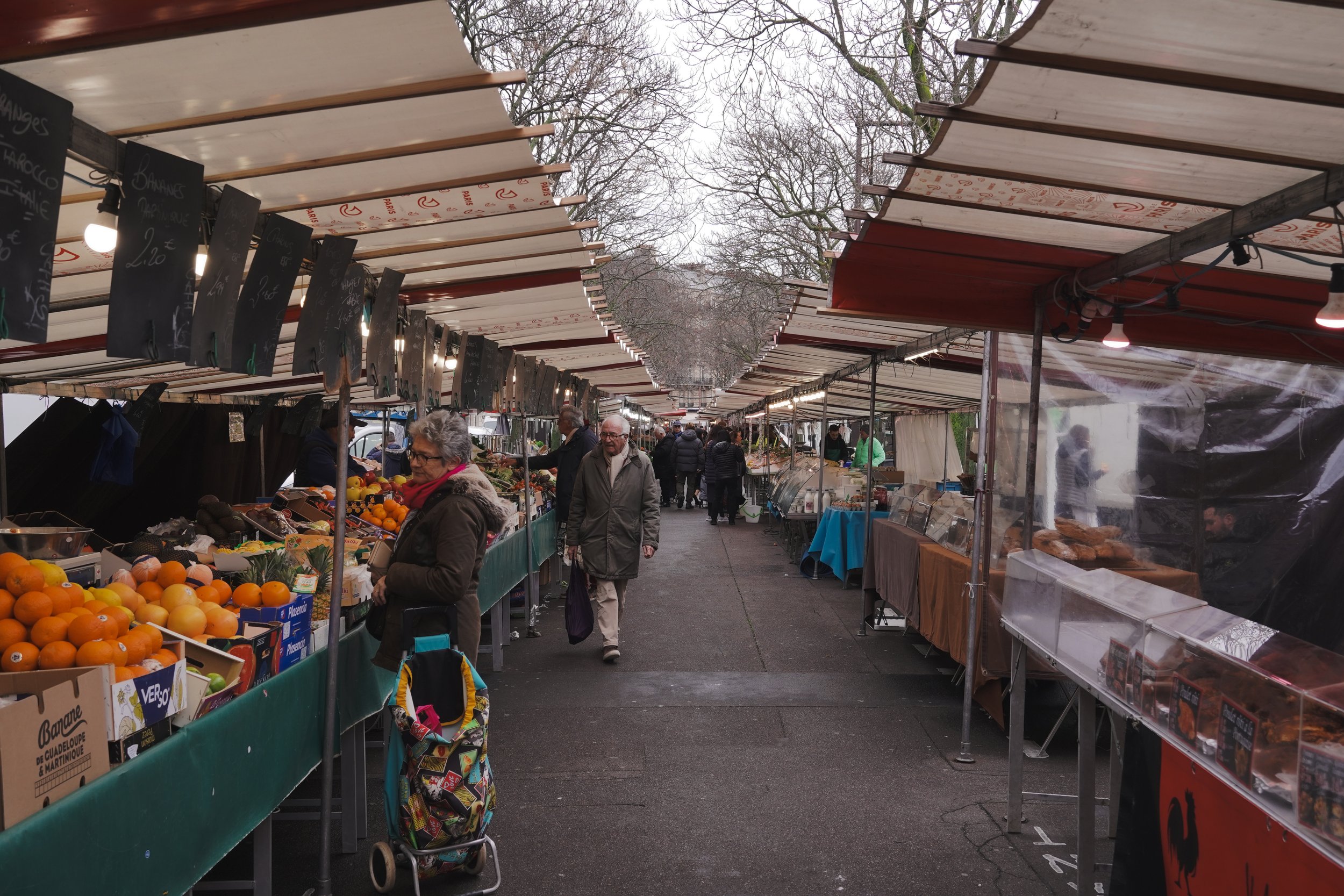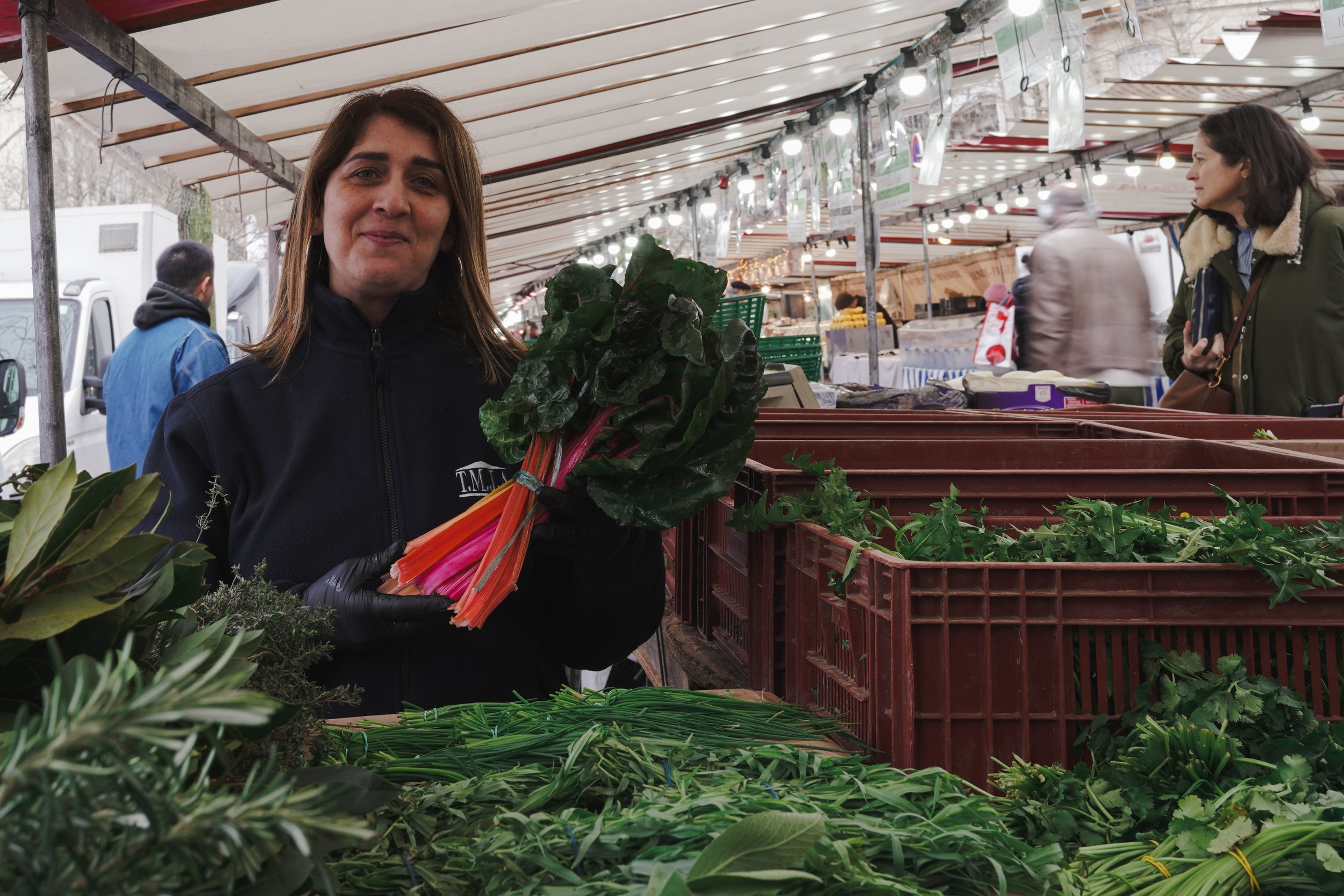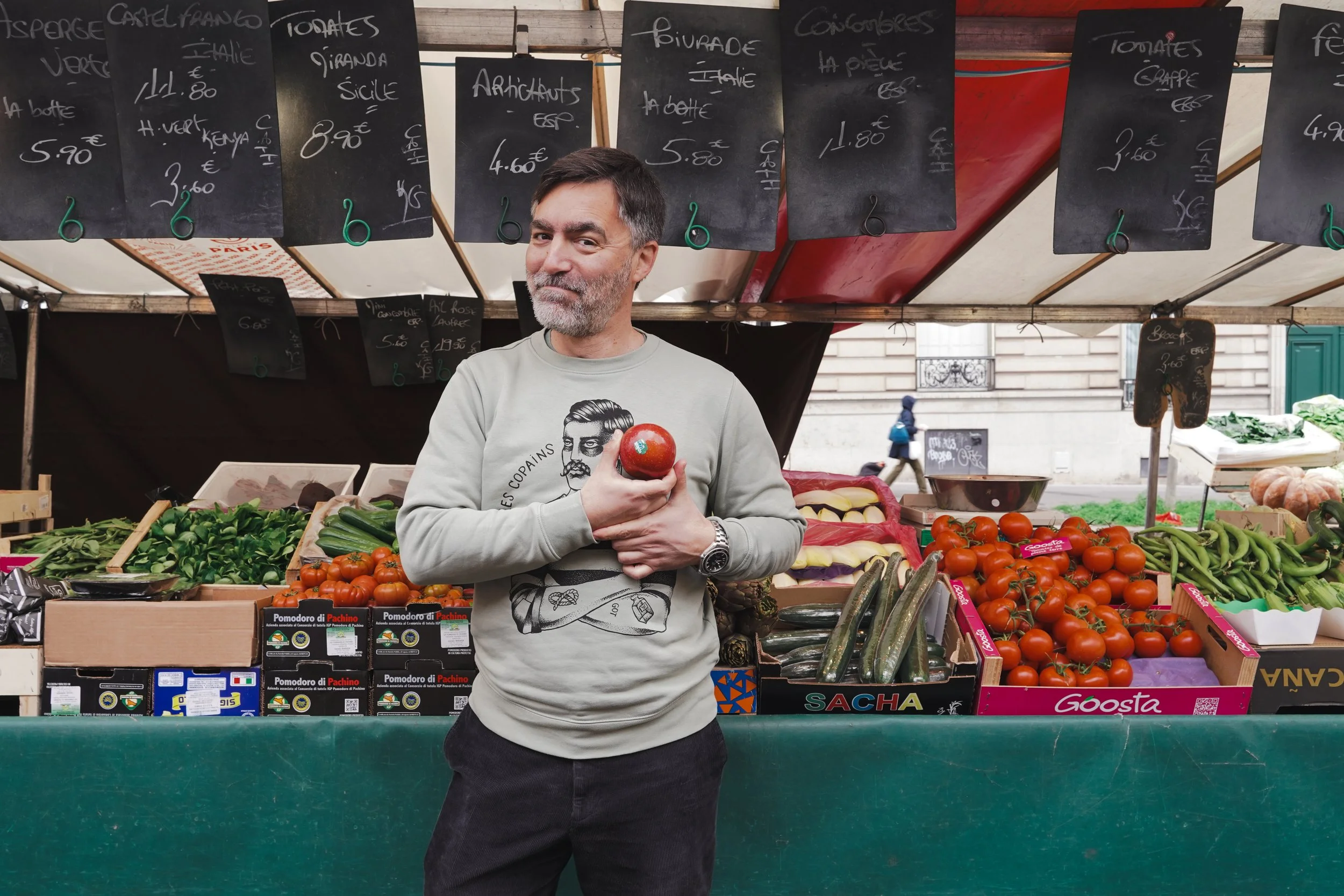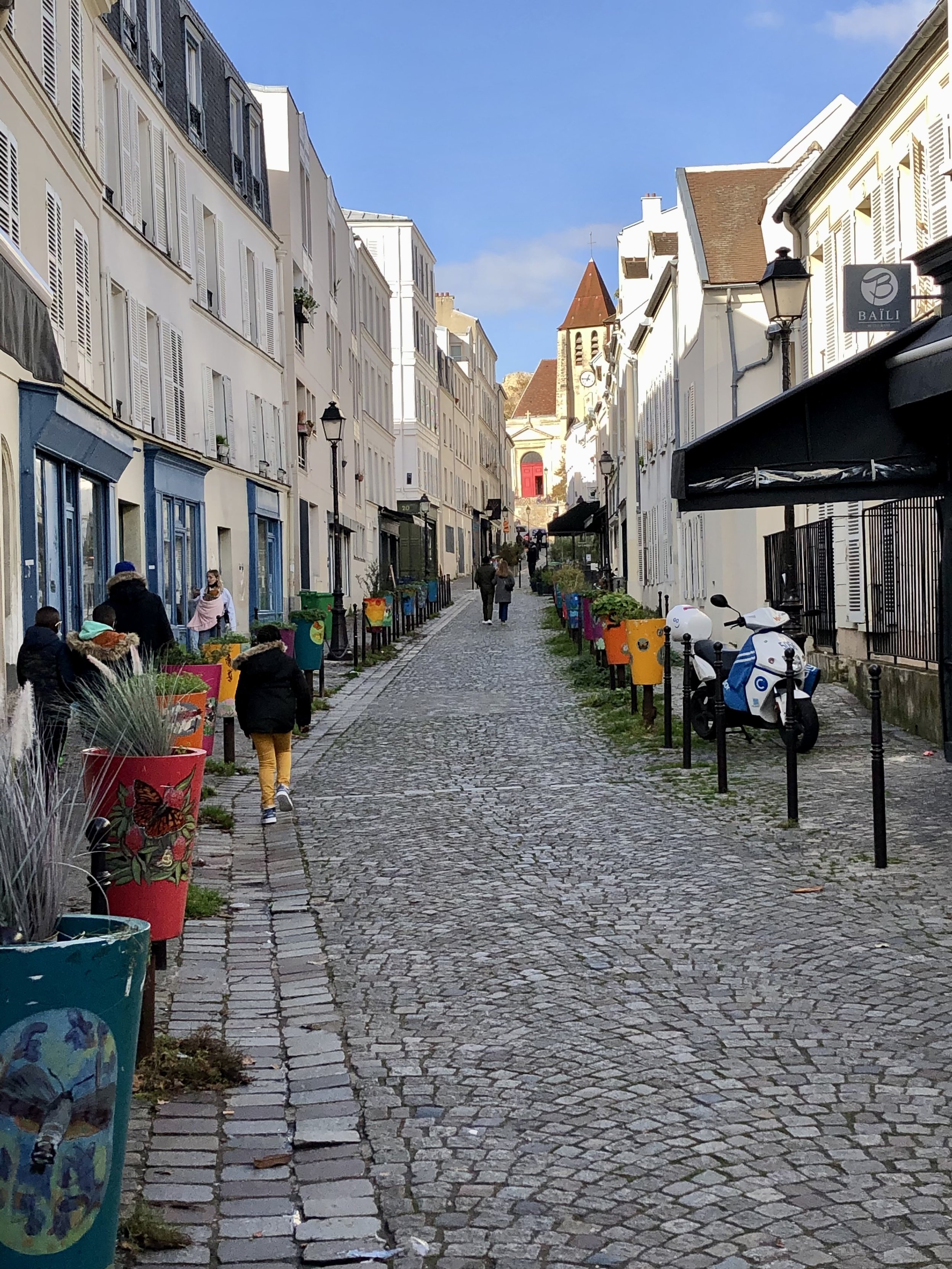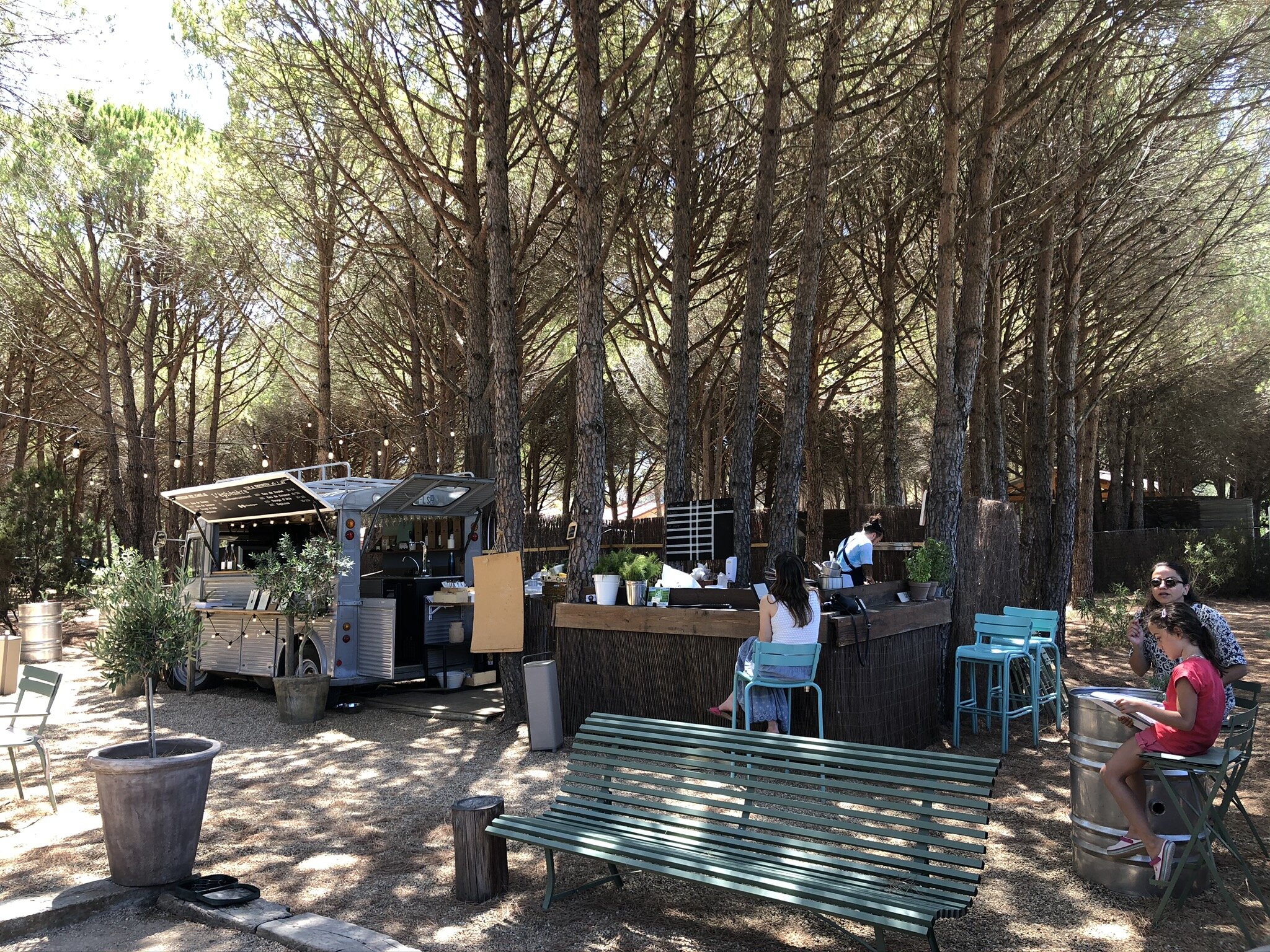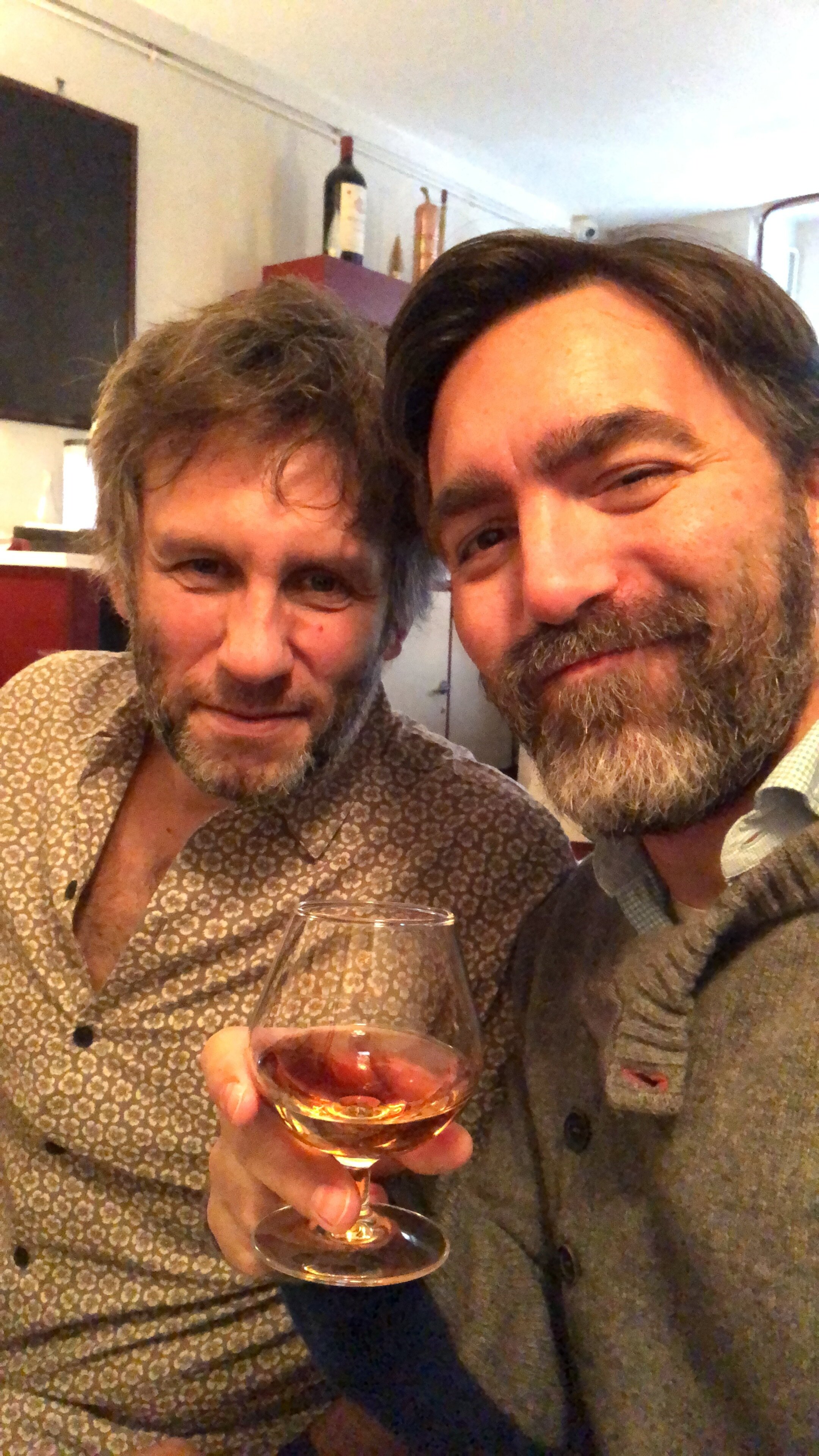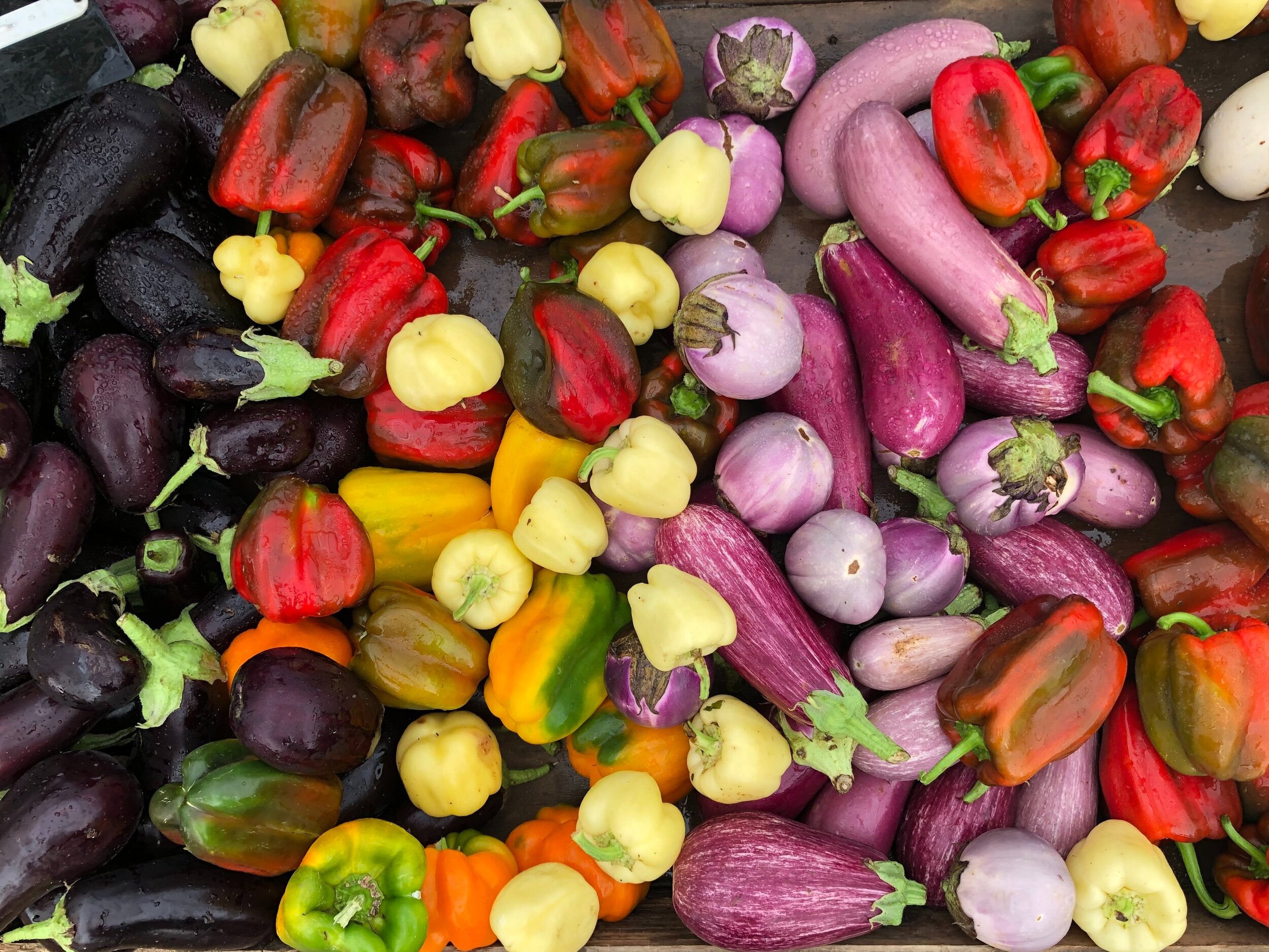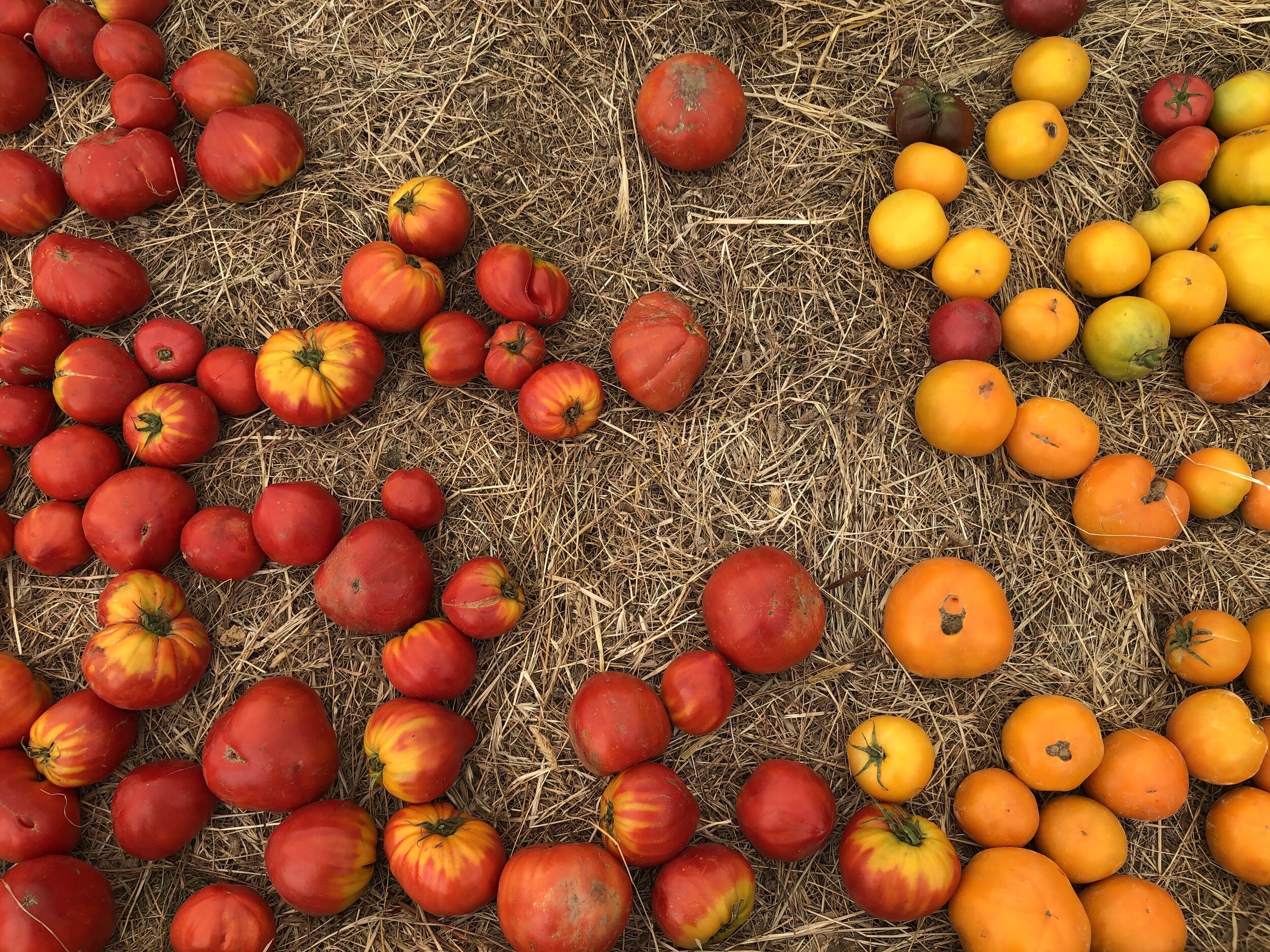The topic of this article is coffee, so let me start by talking about my relationship with it. I’ll get straight to the point—I had no relationship with coffee before moving to Paris. 😅 Surprising, isn’t it? A grown Turkish adult resisting the reality of Turkish coffee! What can I say? I didn’t like it, couldn’t like it. However, shortly before moving to Paris, when opportunities arose to meet other parents after dropping off or picking up my daughter from school, the stress of the inevitable question, ‘Shall we grab a coffee?’ pushed me to take an interest in coffee. With a little research, I realized that Paris wasn’t much different from me when it came to coffee. Parisians drink bad coffee at bistros. I’m talking about 2017. Back then, there were no more than ten third-wave coffee shops in Paris. And yet, the French played a significant role in the global spread of coffee. They smuggled coffee seeds from Madagascar and planted them in their colonies in the Caribbean islands, including Haiti, ensuring they didn’t miss out on the coffee trade. In fact, the first coffee shop in Paris, Café Procope, opened in 1672. And yes, it’s still open today—though it’s no longer a café, but a restaurant.
The third-wave coffee shops I discovered in 2017 all sourced their own beans—they were both roasters and cafés. As I slowly tried them all, I began to explore the vast world of coffee. During this time, I also read three books: Coffee Isn’t Rocket Science, The New Rules of Coffee, and The Curious Barista’s Guide to Coffee. ☕️ Meanwhile, I witnessed Paris’s coffee scene evolve. According to an article I read, specialty coffee sales in France have risen by 14% since 2019, reflecting growing demand for artisanal and ethically sourced coffee. The overall coffee market is expected to grow by about 1.14% annually between 2023 and 2025. Another study suggests that the French coffee market will see a compound annual growth rate of 5.7% from 2024 to 2030. I couldn’t find any official figures on the number of coffee shops opening and closing in Paris. If you ask me, it feels like a new one opens almost every day. 😂 The meaning of the word ‘café’ has also become quite muddled. There are the classic spots selling good coffee and a few pastries, but then there are also places serving tapas and wine. The ‘café’ scene in Paris has grown more diverse and layered. Of course, being an old-school person who enjoys simplicity, I’ve dedicated this article to three micro-coffee shops. I must admit, the idea of running a place like this is always lingering at the back of my mind. While I keep dreaming, let me introduce you to three young men who’ve turned their dreams into reality with their micro coffee shops.
photo by Asli
The first café is the oldest among the three. I say ‘oldest,’ but they’re all very new. Mini Café is Loïc’s place, and its location is one of my favorites. It’s been open since January 2023. Loïc spent a few years in Asia, where he had the chance to visit coffee plantations in Thailand, Vietnam, and Laos. Honestly, I can’t think of a better motivation to come back to Paris and open a café. He enjoys all coffee drinks, as long as they’re well-executed. Over time, he’s worked with various roasters, but currently, he serves coffee sourced from Frukt, a Finnish roaster. Loïc’s thoughts on the Paris coffee scene align closely with mine: good coffee is becoming a part of French life, creating opportunities for new investments, concepts, atmospheres, and recipes. Mini Café is located on the Île Saint-Louis, just next to Île de la Cité, the island at the heart of Paris where the city was founded. After visiting Notre-Dame, you can stop by to try their coffee. Don’t worry—the usual tourist crowds aren’t an issue here. Especially on sunny days, it’s a joy to hang out around Loïc’s café.
Since you’ve visited Notre-Dame and made your way to Mini Café, you must have an interest in history. In that case, head over to Bastille, one of the most important squares in Paris and French history. From there, it’s just a 13-minute walk to Abner’s place, Saint Barista. Isn’t that a fantastic name? He opened the shop in June. Compared to the other café owners, he seems the luckiest to me because he was practically born into the coffee business. He said; “My grandfather had a coffee finca in Guatemala, my home country.” Although he didn’t take an interest in coffee until he was 17, he grew up observing how his family managed the business. When he applied for a job at 17, he had to complete coffee training, and that’s when he finally embraced the family trade. Drawing on all these experiences, Abner loves connecting with his customers, sharing both his coffee and his craft, and getting to know the people who walk through his doors. He doesn’t have a preference for coffee from a specific country; instead, like me, he enjoys tasting and drinking coffees that are made with care and passion. Lately, he’s been experimenting with Aeropress brewing and is increasingly pleased with the results. He prefers to work with a different roaster every 2-3 months. While I was preparing this article, he was collaborating with DAK, a Dutch roaster with Canadian roots. He also offers flexibility to his customers by providing two espresso options.Abner hopes to see a friendly community develop in the Paris coffee scene, where business owners and customers take care of each other. From what I’ve observed over my seven years in Paris, if business owners or chefs do their job well, Parisians always support them and show their loyalty. I believe Saint Barista has the potential to thrive for years to come.
Now, let’s move on to our last micro-coffee shop, the newest of the trio. By the way, I assume you’re still continuing your tour of historic squares and have now arrived at Place de la République. 😁 (For some reason?!? 😁) When you’re tired, I have another great coffee recommendation just six minutes away on foot: Press Café. This is the newest spot, having opened in July 2024. I think it’s the perfect time—August in Paris is quiet, making it easier to settle into a new shop and routine.David got hooked on coffee six years ago and has been planning to open his shop for three. He found inspiration in the small coffee shops of Amsterdam and Japan. Colombian coffee is one of his favorites, standing out just a little more than the rest. At Press Café, David works with two excellent roasters. He uses espresso beans from Honduras roasted by Lomi, where he’s found a nice balance. For gentler brewing methods, he chose fruitier beans from Colombia and Brazil roasted by Fève. Another thing I love about Press Café is the music selection—David has great taste. While the shop isn’t big enough to sit and relax inside, you can enjoy the music and coffee outside on a nice day. David also sees the Paris coffee scene as inspiring and full of potential. He believes many neighborhoods still need good coffee shops and quality coffee.
One common feature of these three places is that, as long as there isn’t a line behind you, you can enjoy a delightful conversation with Abner, David, or Loïc. The chats often start with coffee but naturally flow into life. This even made me wonder—could baristas take the place of bartenders we see in movies, the ones who love to chat and listen to people’s troubles? 😁







